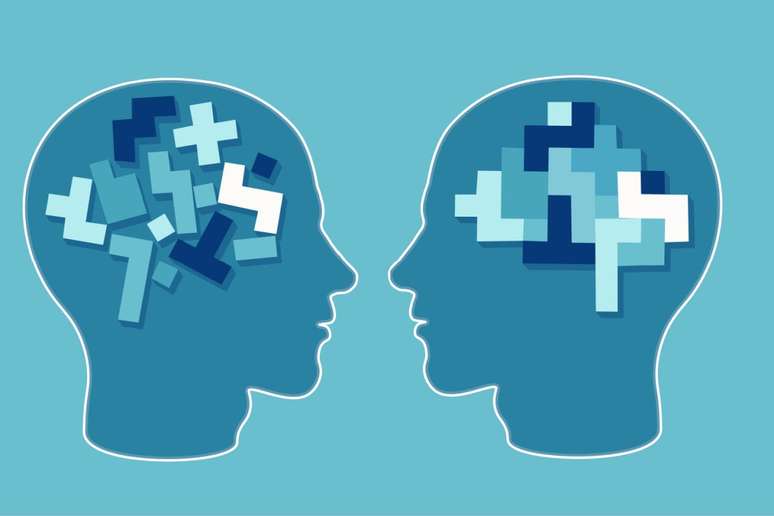Find out more about ADHD!
Credit: ADHD accompanies the individual throughout life (Image: Shutterstock)
ADHD (Attention Deficit Hyperactivity Disorder) is a behavioral disorder that appears in childhood and often accompanies the individual throughout life. ADHD is officially recognized by several countries and by the WHO (World Health Organization).
Features of ADHD
This disorder originates in the body, more precisely in the cerebral cortex, located in the front of the head (near the forehead). If so, the person’s brain performance is impaired, resulting in memory problems, impulsivity, difficulty concentrating, and hyperactivity.
“ADHD has certain associated diseases, which may or may not appear, such as depression, anxiety disorders, smoking, eating disorders and sleep disorders,” explains psychologist Carine Eleutério. According to her, stress can increase the chances of a person with ADHD contracting one or more of the aforementioned diseases. In addition, stress increases inattention, impulsiveness, hyperactivity and mood swings.
Symptoms of ADHD
The symptoms presented by ADHD patients can be observed in everyday situations. They often have difficulty paying attention to details, may make careless mistakes in their duties and tasks on a frequent basis, and have difficulty maintaining attention in educational, work, and leisure activities.
In some cases, people with ADHD appear not to listen when someone is talking directly to them, fail to follow instructions to completion, fail to engage in activities that require sustained mental effort, become distracted by external stimuli, and interrupt others frequently.
Remission or changes in symptoms
Most patients achieve lifelong remission of symptoms. Some may continue to have symptoms into adolescence and into adult life, however, there is usually a change in profile, with features of inattentiveness predominating.

Triggering factors
Some factors have been identified as possible triggers of this disorder, such as heredity, substances ingested during pregnancy (nicotine and alcohol), fetal discomfort, as in some problems during childbirth, and exposure to lead.
Treatments for ADHD
Treatment of ADHD is done with a combination of medications, parent and teacher guidance, and specific psychotherapeutic techniques, such as cognitive behavioral therapy. “In addition to follow-up with a psychiatrist, you should seek a psychologist to work on the causes of stress, since stress is not purely physical and has a psychological basis,” concludes Carine Eleutério.
Source: Terra
Ben Stock is a lifestyle journalist and author at Gossipify. He writes about topics such as health, wellness, travel, food and home decor. He provides practical advice and inspiration to improve well-being, keeps readers up to date with latest lifestyle news and trends, known for his engaging writing style, in-depth analysis and unique perspectives.








